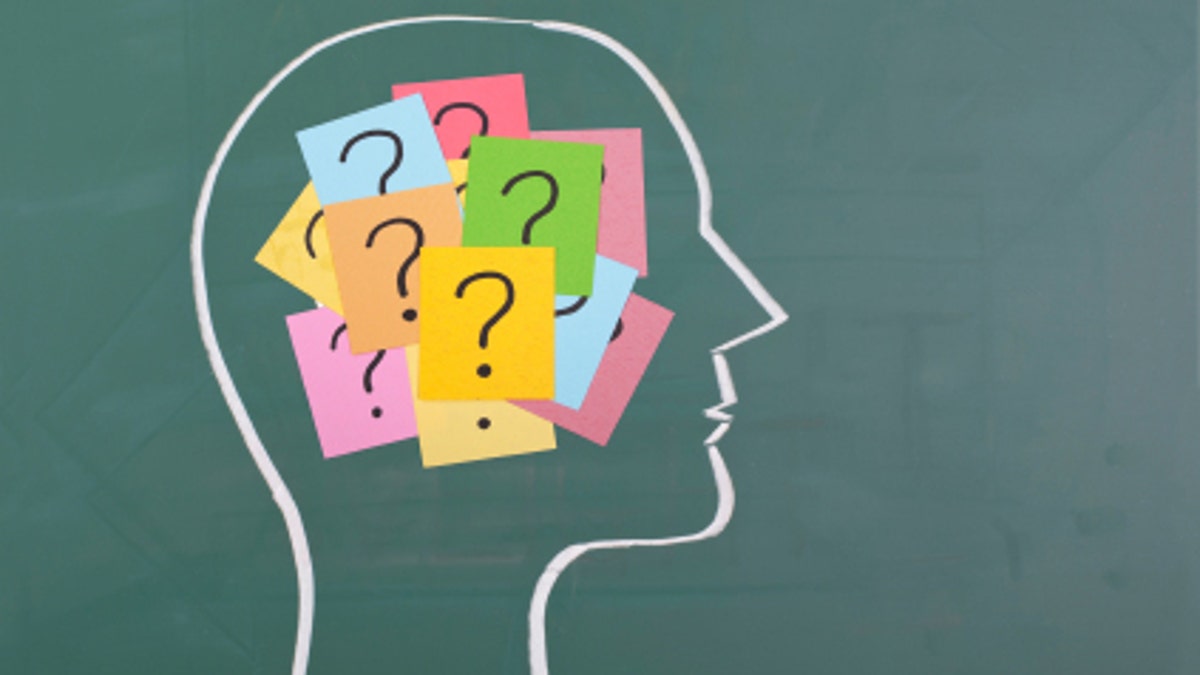
Why we get 'brain freeze,' what causes hiccups and other miscellaneous body trivia.
1. What Is Brain Freeze?
It’s a pain in your head that occurs when the nerves on the roof of your mouth are hyperstimulated by cold foods, like ice cream and frozen drinks.
The nerves are in your mouth, but the nerve center is in your brain, “so that’s where you feel the pain,” says Dr. Seymour Diamond, a headache specialist in Chicago and the executive chairperson of the National Headache Foundation.
“This is known as referred pain.” Why do humans experience pain in one place when the stimulus is elsewhere? No one knows for sure. “We do know that migraine sufferers are more prone to ice cream headaches,” Diamond says. “We also know that eating slowly and sipping slowly seem to reduce the effects of the cold. Once the headache sets in, the fastest way to make it go away is to drink something lukewarm.”
2. Why Do You Have Earwax?
To keep foreign matter from invading ear canals. Earwax, or cerumen, is produced by glands in the outer ear to protect the inner ear from infection. The sticky substance prevents dust, dirt, and bugs from getting in.
“Just leave it alone,” says Dr. Andrew Cheng, an ear, nose, and throat specialist at the Manhattan Eye, Ear and Throat Hospital. Ears are self-cleaning: The wax slowly moves up and out of the ears on its own, dries up, and flakes off or washes away when you shampoo your hair. If you’re a Q-tip addict, clean just the outside of your ears.
“Ear canals are like dead-end streets,” Cheng says. “Q-tips just push wax further in.” You could also accidentally scratch your ear canal or even puncture the eardrum.
__________________________________________________
More From Real Simple:
6 Natural Cold-Prevention Strategies
What Is Your Body Language Saying?
__________________________________________________
3. Why Do You Get Goose Bumps?
Because you’re cold or frightened. When you feel chilled, the muscles around your hair follicles contract, causing the hairs to stand up to create a layer of insulation, explains Richard Potts, an anthropologist and the director of the Human Origins Program at the Smithsonian Institution’s National Museum of Natural History, in Washington, D.C. All mammals share this hair-raising trait.
But "humans don’t have enough body hair for the response to make a difference; it’s a vestigial reflex left over from when we had furry coats," Potts says. The goose bumps people get when they’re scared may be another vestigial reflex. Potts and others theorize that aeons ago, when the plentiful hair on our ancestors’ bodies stood on end, they appeared more menacing, and, he says, “predators would move on to look for less imposing prey.”
4. Are Carrots Really Good For the Eyes?
"Yes, they are, along with all other foods rich in vitamin A," says Michael F. Marmor, a professor of ophthalmology at the Stanford University School of Medicine. The body uses vitamin A to support nerve cells in the retinas that help maintain normal vision. People who are deficient in A are susceptible to a host of vision problems, such as night blindness. Many red, yellow, orange, and leafy green vegetables―including sweet potatoes, kale, mangoes, and papayas―contain vitamin A, as do eggs and liver.
5. Why Do Lips Thin as You Age?
The older you get, the less collagen you produce. And collagen, a protein that supports the body’s soft tissue, is what gives lips their pleasing plumpness, says Dr. D’Anne Kleinsmith, a dermatologist in Bloomfield Hills, Mich. The sun’s ultraviolet rays can also cause collagen to break down and lips to thin.
“One way to help preserve the fullness of your lips,” Kleinsmith says, “is to protect them from the sun by wearing a lipstick or lip balm with sunscreen.”
6. Why Do Teens Sleep Late?
They’re not lazy; they can’t help it. During childhood, melatonin, the hormone that regulates the wake-sleep cycle, is secreted by the pineal gland early in the evening. When puberty hits, from around ages 10 to 14, melatonin is released later, around 9 p.m. or 10 p.m.
“This shift often makes many teenagers incapable of falling asleep before 11 at night,” says teen sleep expert Mary A. Carskadon, a professor at Brown Medical School and the director of the Bradley Hospital Sleep and Chronobiology Research Laboratory, in Providence. “Since teens still need about nine or more hours of sleep, they try to make up for the time they’ve lost at night by sleeping in.”
7. What Causes Hiccups?
Excessive eating, alcohol, excitement, or stress can overstimulate the phrenic nerves, which control the diaphragm. The diaphragm then contracts involuntarily. At the same time, the glottis, the part of the larynx where the vocal cords are located, closes up, says Dr. Patricia Raymond, a gastroenterologist in Chesapeake, Va.
The result is the spasms and the odd hic sound that repeat every few seconds. A typical case of the hiccups lasts only a few minutes, but some can last much longer. While there’s no proven cure, Raymond suggests trying an action that resets the phrenic nerves (akin to rebooting your computer when it’s frozen), such as holding your breath or breathing into a paper bag.
Click here to read more health mysteries explained from Real Simple.
